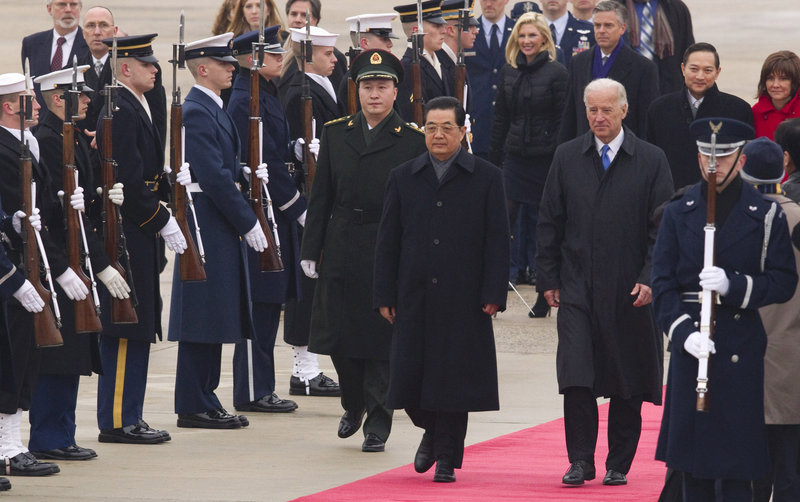Last year, Evergreen Solar of Massachusetts looked to be on the forefront of an energy revolution, in which domestically manufactured solar panels would bring new power options to domestic consumers.
Instead, the company became another in a long line of manufacturing defeats, when company officials announced that despite receiving $58 million in federal subsidies, they were laying off 800 workers and outsourcing their manufacturing to China. There, even bigger subsides have driven the cost of solar panels so low that Evergreen can’t compete. Similar policies are slowing the development of American wind turbine and battery industries, which would be the cornerstones of an alternative energy economy here.
Stories like these create the backdrop of what may be the most important summit between the United States and China in 30 years, and the list of topics is expected to be long.
The United States wants China to step up and take a bigger role creating stability with its ally North Korea, and to stand with us in multinational efforts to put pressure on Iran. We are concerned about a more robust Chinese military putting pressure on our Asian allies. And no summit like this should pass without the United States speaking clearly about human rights in China, where economic liberty has bloomed but the political kind has not.
But there are also the economic questions that come close to the heart of every American who has either lost a job or is in fear of losing one. A letter to President Obama circulated by Maine Rep. Mike Michaud and signed by a number of lawmakers from both parties calls for Obama to take a hard line on China’s manipulation of its currency, which effectively closes Chinese markets to U.S. imports. This concern belongs on center stage in the discussions.
According to the Economic Policy Institute, 2.4 million American jobs have been lost or displaced as a result of the trade deficit with China in the last decade. Except for oil imports, 83 percent of the total U.S. trade deficit comes from our unbalanced trade with China.
When the world’s two biggest economies sit down together, the concerns of American manufacturers and the people they once employed in towns all over New England should play as prominent a role as the geostrategic concerns over China’s role in international affairs.
It’s a delicate balance, but this slow economic recovery demands that the administration finds a way to strike it.
Send questions/comments to the editors.



Success. Please wait for the page to reload. If the page does not reload within 5 seconds, please refresh the page.
Enter your email and password to access comments.
Hi, to comment on stories you must . This profile is in addition to your subscription and website login.
Already have a commenting profile? .
Invalid username/password.
Please check your email to confirm and complete your registration.
Only subscribers are eligible to post comments. Please subscribe or login first for digital access. Here’s why.
Use the form below to reset your password. When you've submitted your account email, we will send an email with a reset code.